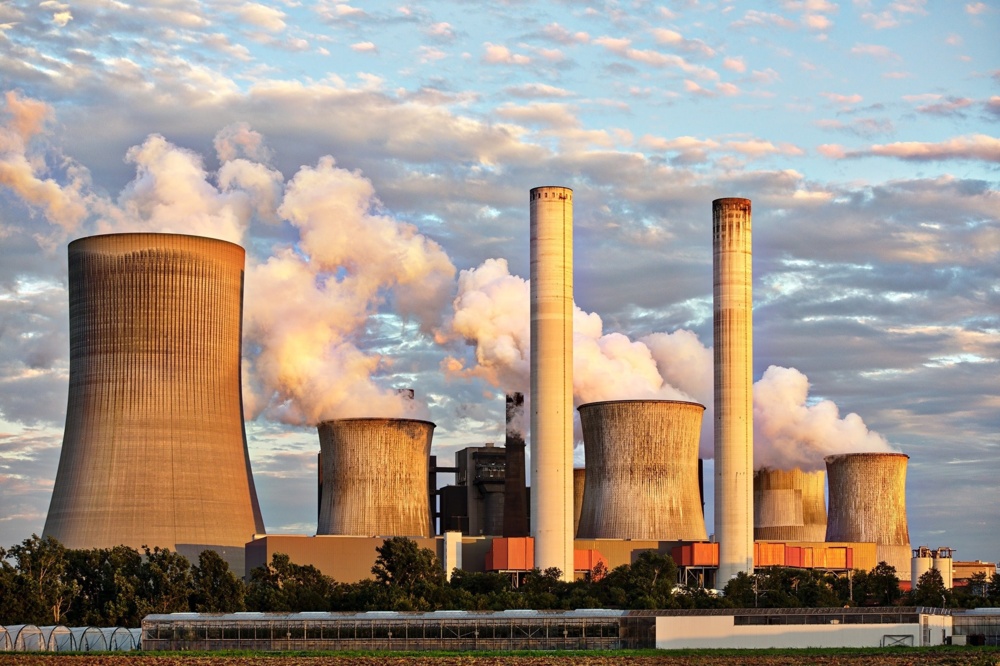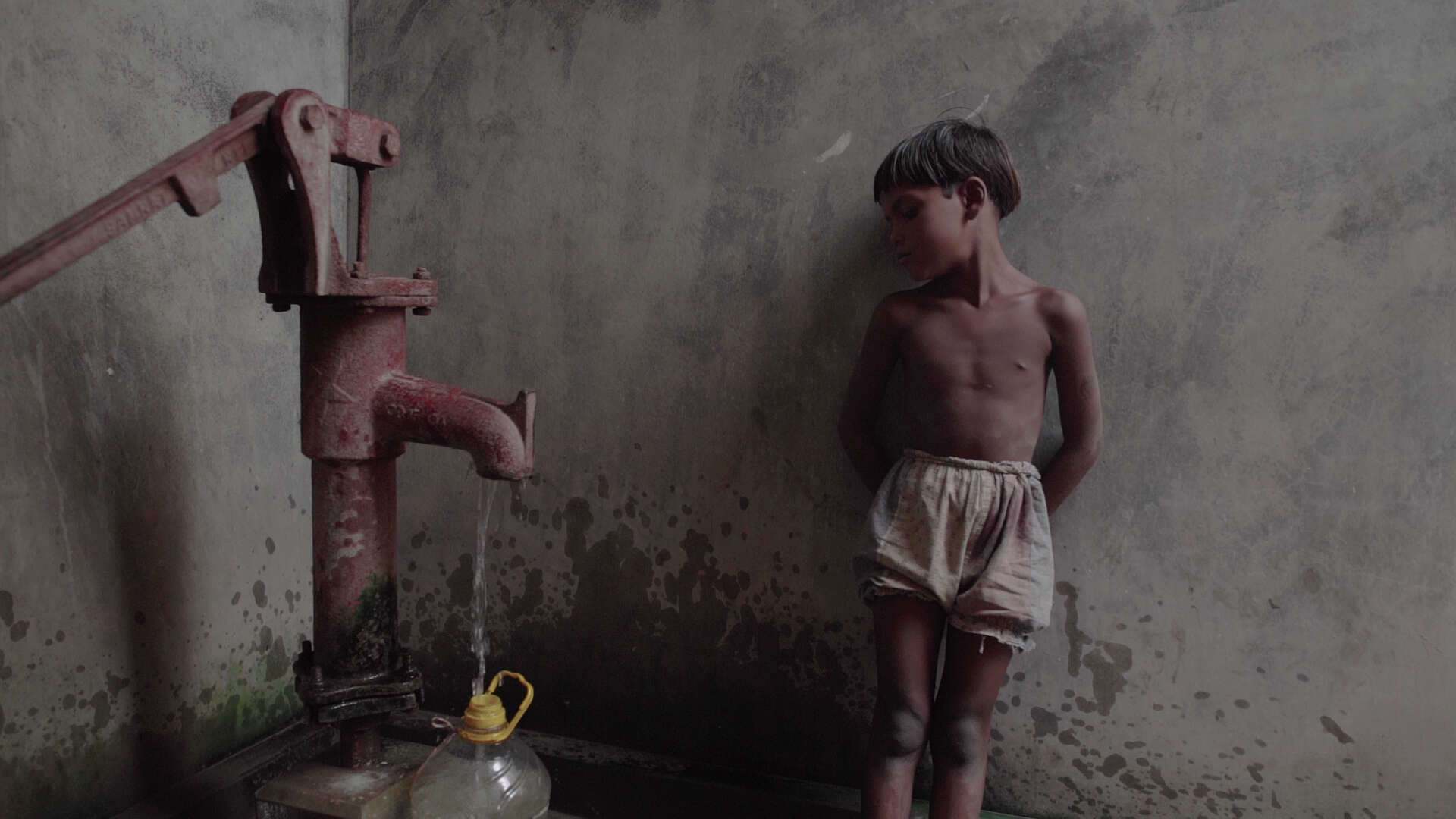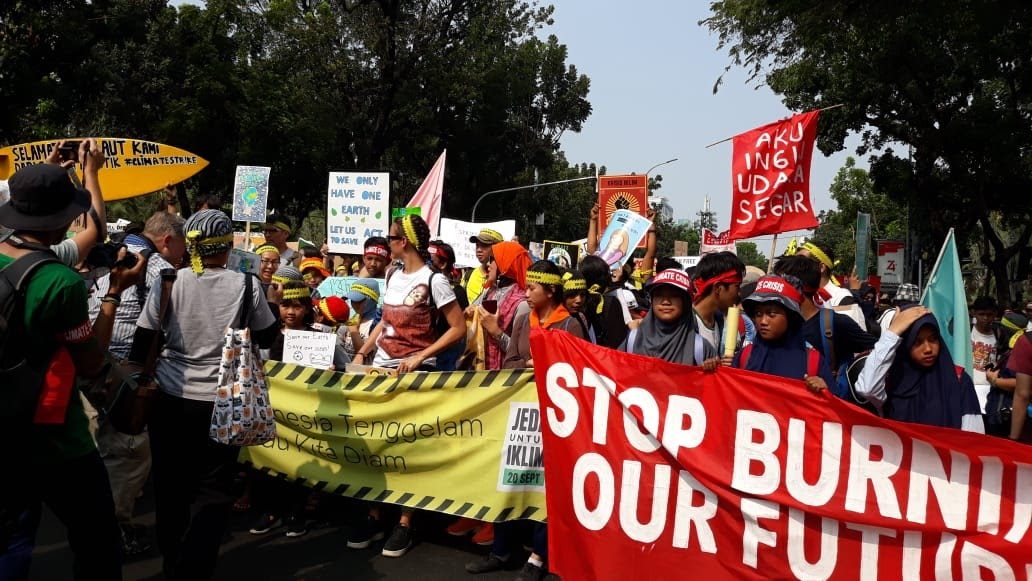
EJF outlines path from conflict-driving fossil fuels to a sustainable future: new briefing
There are clear steps which every leader serious about ending Putin’s war and the climate crisis can take, starting with an economy-wide investment in renewable energy to be initiated immediately, on an unprecedented scale. We outline these steps in our latest briefing.
Europe relies on Russia for 40% of its gas and a quarter of its imported oil. The value of European mineral imports, including hydrocarbons, from Russia is more than the amount the Kremlin spends on the military, meaning that the bombs raining down on Ukraine could have been fully funded by European fuel purchases. EU consumption of Russia’s fossil fuels has not caused this invasion of a peaceful neighbour, but it has given Putin the war chest he needs to fight it.
In fact, despite efforts to sanction the Putin regime, natural gas imports alone pumped €689 million into Russia’s economy on a single day on March 2, 2022, a week after Putin invaded Ukraine.
The Russian military and state depend on exports to the EU, while the EU relies extensively on fossil fuel imports from Russia. Breaking this connection and rapidly transitioning to renewable energy is now the single most important action EU institutions, leaders and governments can take to hamstring the Russian war machine, protect the people of Ukraine, and defend billions of people around the world from the most serious impacts of global heating.
Renewables are ready now, and became the EU’s biggest electricity source for the first time in 2020, meeting 38% of its needs compared to 37% for fossil fuels. Strong state investment in accelerating the pace of renewable roll-out and boosting energy efficiency can meet the twin needs of supporting Ukraine and defending human rights around the world by ending the unjust impacts of the climate crisis.
The Intergovernmental Panel on Climate Change recently published its starkest warning yet – what is now at stake is “a liveable and sustainable future for all”. Our consumption of fossil fuels is the dominant cause of carbon emissions, driving climate breakdown and causing extensive, pervasive and in some cases irreversible droughts, floods, fires and more.
But despite widespread recognition of the need to end our reliance on fossil fuels, decisive action is yet to be taken. Governments around the world are still spending extraordinary amounts of money on subsidies propping up fossil fuels: over US$1.3 billion per day. This must end. There is an urgent need to reform this system and create one in its place which rewards low- and zero-carbon energy production and redirects subsidies to renewable energy projects.
Our reliance on fossil fuels is bankrolling Putin’s brutal wars and could make our planet uninhabitable. Our leaders must now step up to make the economy-wide investments in renewable energy that are needed and put an end to all new fossil fuel projects. Decisive action on climate is not a cost; it is the greatest possible investment we could make to secure a peaceful and habitable world in the long term. It is a simple decision between justice and injustice, security or violence, a safe future or an uninhabitable planet. It is time for our leaders to make the right call.
We must end our reliance on Russian fossil fuels and stop all fossil fuel subsidies by December 31st 2022 at the latest to safeguard our future, and we need a whole-of-government approach to this transition, embedding the principle of zero carbon progress into every office of state.
EJF recommendations:
- An economy-wide investment in renewable energy to be initiated immediately, on an unprecedented scale.
- No new fossil fuel projects, which would deepen our reliance on carbon and cause suffering for millions around the globe.
- The use of fiscal and monetary policy to price carbon out and give defining subsidies to renewable energy projects, including storage but excluding biofuels.
- An end to all fossil fuel subsidies by December 31st 2022 at the latest.
- A whole-of-government approach to this transition, embedding the principle of zero carbon progress into every office of state.
- An end to all purchases of Russian fossil fuels as quickly as possible, and not after December 31st 2022.
SIGN UP FOR OUR EMAILS AND STAY UP TO DATE WITH EJF

